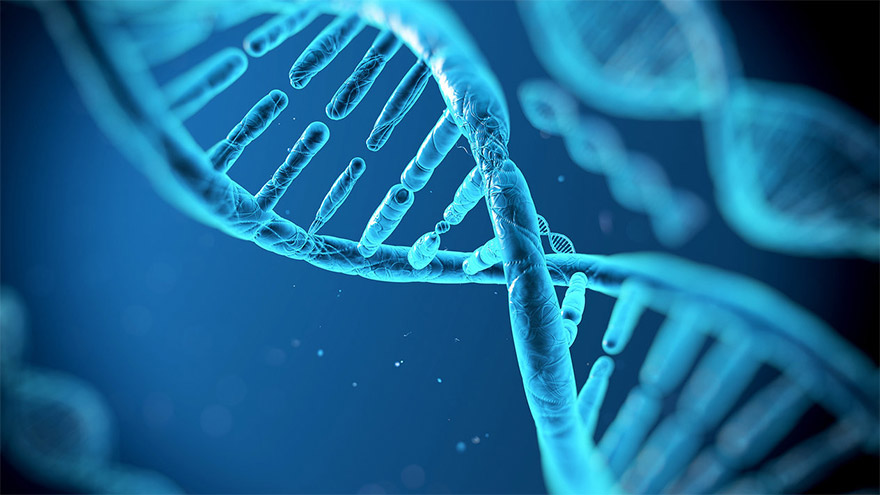Major Depression Linked to 44 Genetic Risk Factors, Shows New Study

A breakthrough in medicine could be done after discovering new genetic variants that can raise the risk of developing depression. A study conducted by the Psychiatric Genomics Consortium has found that 44 genetic variants are linked to the development of depression, out of which 30 genetic variants have just been discovered.
This study is the largest one ever researched in finding out which are the genetic risks for major depressive disorder or MDD. Researchers have published their study in the journal Nature Genetics.
Low Genetic Risk Factor Means Resistance to Stress
According to the study, it seems that the genetic basis for major depression is the same for other psychiatric disorders, like schizophrenia. The study also found a connection between 44 generic risk factors and depression. Cathryn Lewis, professor of statistical genetics at King’s College London and senior author on this study explains their findings:
“If you have a lower genetic burden of depression, perhaps you are more resistant to the stresses we all experience in life.”
So far, there have been published studies that linked genetics to depression, but this analysis is more comprehensive, and it can even help with a better treatment.
This study was done through “an unprecedented global effort,” as it involved over 200 scientists and data was collected from over 135,000 people suffering from major depression. There was also data on 344,000 mentally healthy individuals to make a comparison.
Gerome Breen of King’s College London in the U.K, one of the researchers in the study, stated in an interview that:
“The new genetic variants discovered have the potential to revitalize depression treatment by opening up avenues for the discovery of new and improved therapies.”
The Need for Better Treatments
The study mentioned that 14% of the global population suffers from major depression and it contributes greatly to long-term disability. Unfortunately, only half of the affected population responded well to treatments.
With only half of the patients responding to the treatment, we need better therapies, said Jonathan Flint, a scientist who studies the genetics of depression (University of California, Los Angeles):
“We need a better understanding of what causes depression. Finding genetic risk variants is a way to do just that – the risk variants point to genes that are involved in the disease, and thus provide clues to how depression arises.”
0 comments